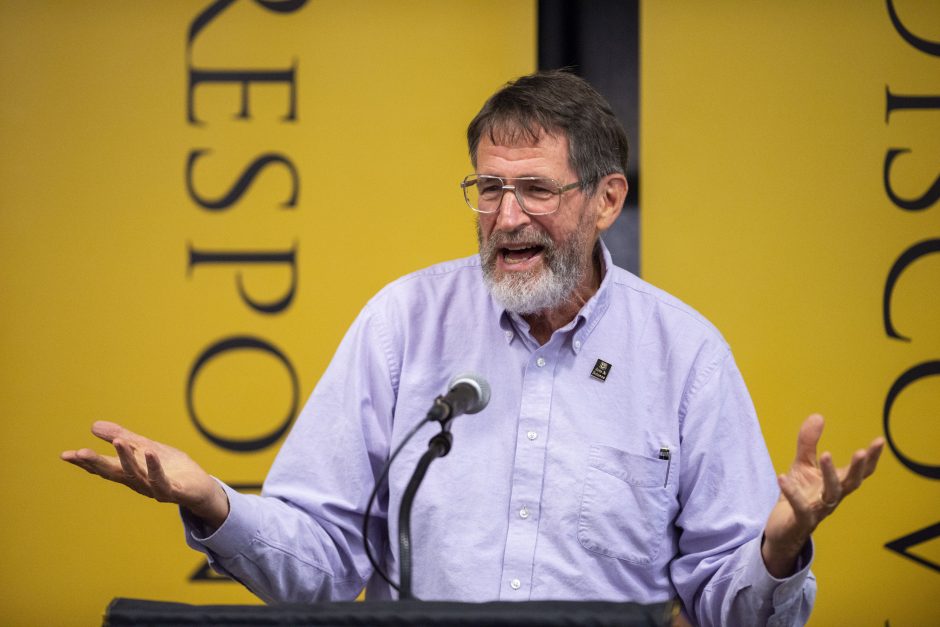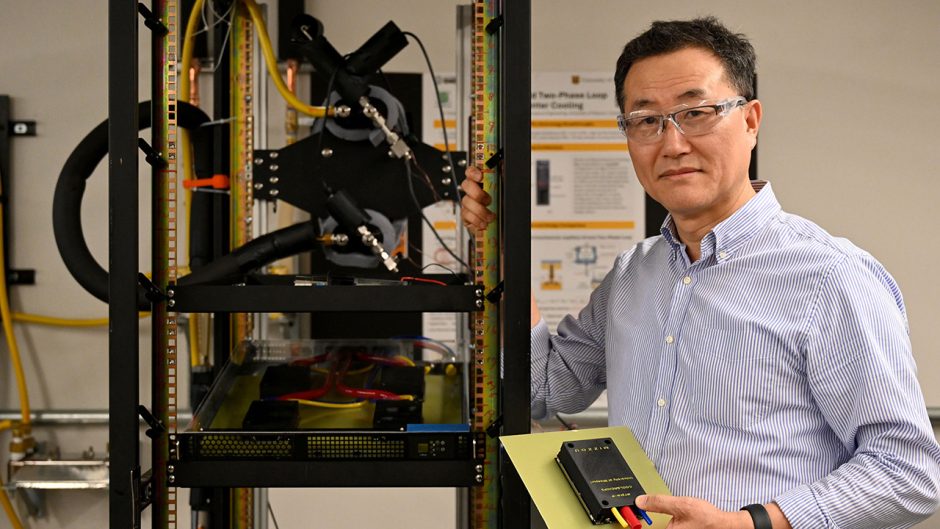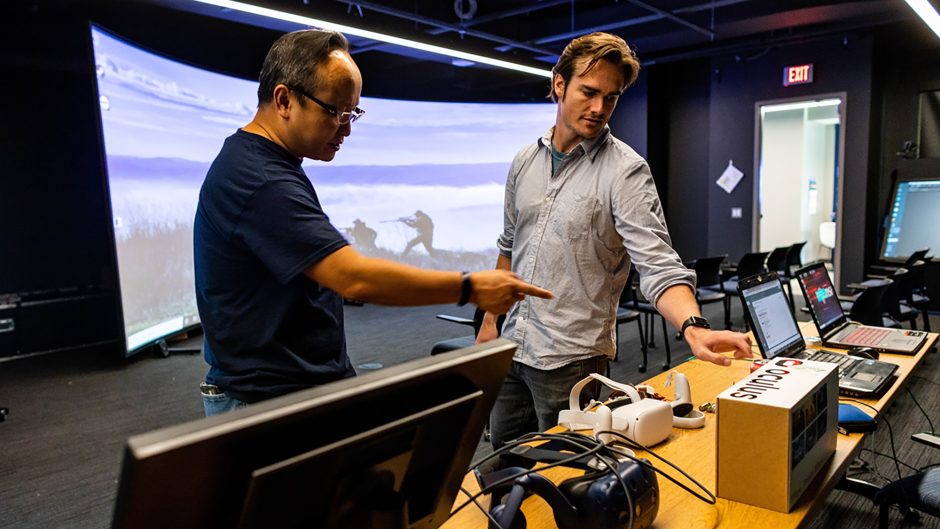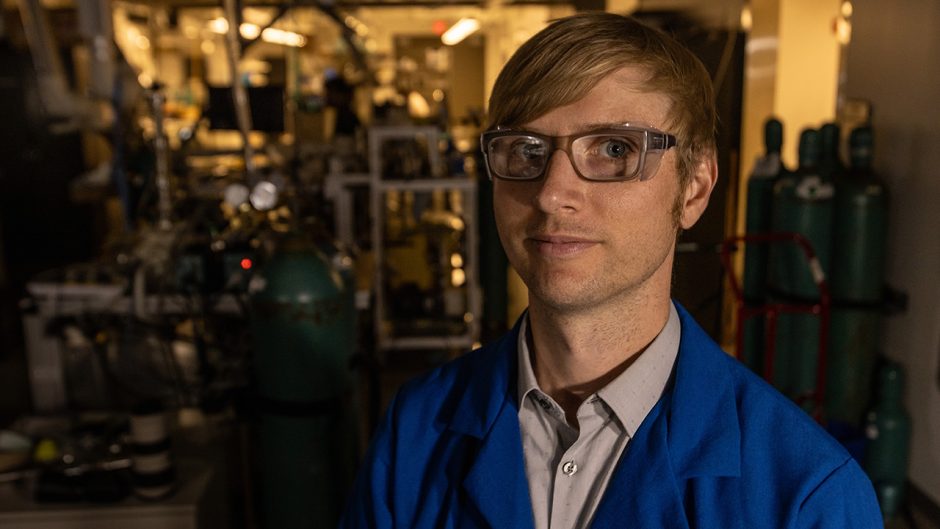April 29, 2020
Contact: Brian Consiglio, 573-882-9144, consigliob@missouri.edu
George P. Smith, Nobel laureate and a Curators Distinguished Professor Emeritus of Biological Sciences at the University of Missouri, has been elected as a member of the National Academy of Sciences (NAS). Membership in NAS is known as one of the highest honors a U.S. scientist can receive during a career.
For Smith, the honor is also a calling.
“Election to the National Academy of Sciences isn’t primarily an honor; it’s a call to national duty,” Smith said. “Members are invited to serve on scientific committees, to review articles submitted to the National Academy of Sciences’ official journal, the Proceedings of the National Academy of Sciences, and to contribute in other ways to our country’s scientific health. It is a daunting challenge to live up to such high expectations, but one I am committed to fulfilling.”
Smith received the 2018 Nobel Prize in Chemistry for “harnessing the power of evolution” while at MU. The Nobel Prize acknowledges Smith’s work to develop phage display — allowing a virus that infects bacteria to evolve new proteins. Phage display has been applied in the improved treatment of cancer and autoimmune diseases and can help locate stress fractures in steel. He is the first MU professor to receive a Nobel Prize, and his achievement is the first Nobel Prize awarded within the University of Missouri System.
“Congratulations to George on his election to the National Academy of Sciences,” said MU Interim Chancellor and UM System President Mun Choi. “This achievement represents a continuation of his worldwide collaborations following decades of hard work, innovation and leadership that resulted in the awarding of his Nobel Prize two years ago.”
Smith said he wasn’t surprised by his election to NAS.
“It would be unusual for a Nobel laureate not to be elected to NAS in the rare case that he or she isn’t already a member,” he said. “Nevertheless, the two honors recognize different things, a single advance in the case of the Nobel, and life-time achievement in the case of NAS.”
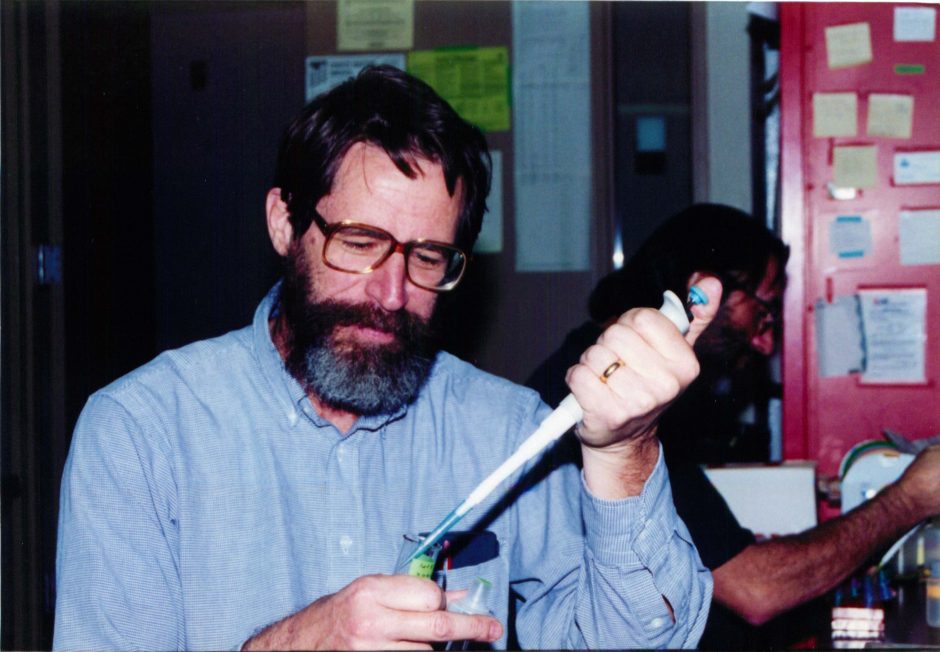
The Nobel Prize acknowledges Smith’s work to develop phage display — allowing a virus that infects bacteria to evolve new proteins.
Smith joined the MU faculty in 1975 in the Division of Biological Sciences at the College of Arts and Science. He was appointed a Curators Distinguished Professor in 2000 and became a professor emeritus upon retiring in 2015. While focusing much of his research on the generation of genetic diversity, he has authored more than 50 articles in leading scientific journals, and was selected in 2007 by the American Society of Microbiology for its Promega Biotechnology Award.
Smith received his bachelor of arts degree in biology from Haverford in 1963 and earned a postdoctoral degree in bacteriology and immunology from Harvard University in 1970. He joined MU’s faculty after a postdoctoral fellowship at the University of Wisconsin.
“We celebrate our Nobel laureate, Dr. Smith, and his election to the National Academy of Sciences,” said Pat Okker, dean of the College of Arts and Science. “Dr. Smith has had a major impact on our college, our university and the world. It’s impossible to overstate the importance of his work, and this is a wonderful way to add to his existing legacy at the college.”
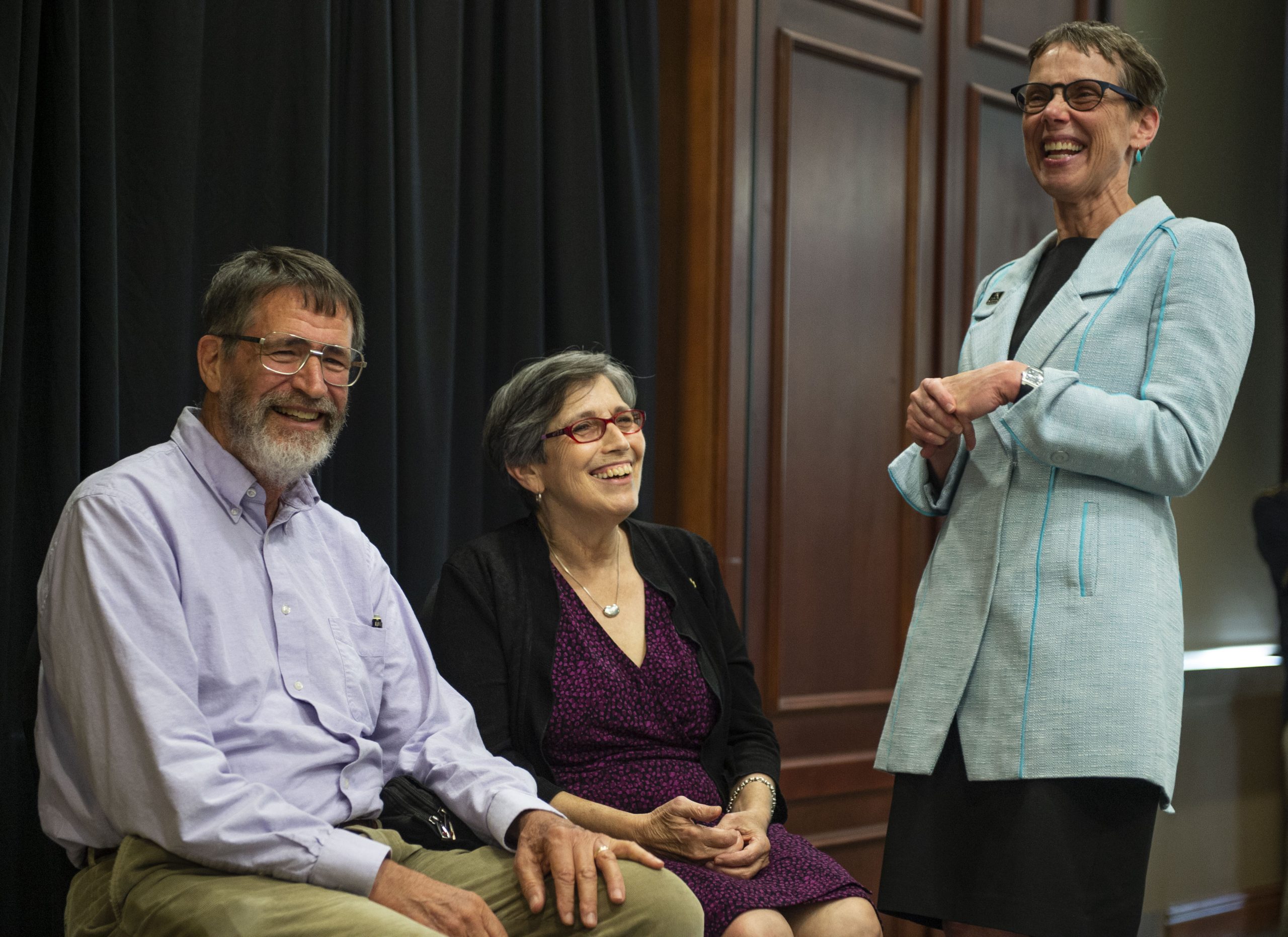
George P. Smith (left) and his wife, Marjorie Sable, professor emerita (center), speak with College of Arts and Science Dean Pat Okker (right) on Wednesday, October 03, 2018 at the event honoring Smith's Nobel Prize.
The National Academy of Sciences is a private, nonprofit institution that was established under a congressional charter signed by President Abraham Lincoln in 1863. It recognizes achievement in science by election to membership, and — with the National Academy of Engineering and the National Academy of Medicine — provides science, engineering and health policy advice to the federal government and other organizations. The National Academy of Sciences not only honors scientists of distinction but is an active, working Academy whose members address important matters in science and advise the nation on problems where scientific insights are critical. Smith is the 11th University of Missouri professor to join the academy’s ranks.

